As Wild Navigator is new to the world of travel blogging, we have received many requests from our followers to brief essential points / things to remember while visiting a national park / protected area.
Wildlife travel in many parts of the world does not slot itself to be budget travel but instead comes under the high luxury niche travel experience. It has become one of the most expensive segments in the travel industry. Keeping this in mind - I have tried to summarise some basic essential points where travellers need to research/find out information before travelling to their wildlife destinations. There are many other To-Do’s which i have not covered but yes, these four essential points do help tremendously:-
1. Book through a recognised insured / bonded Travel Agent
This is one of the basic essential’s people need to follow when booking their holiday. As these places do not have much backpackers - booking through a recognised genuine insurance bonded travel agent is a very good way to feel secured on your travels to these areas. Many maybe travelling directly to the accommodation where you plan your visit - but if you do go with a travel agent and many do should follow these steps -
Find out if your agent is bonded (Under some association that bonds a liability insurance for your travels). I have enclosed some bonded associations trusted names which agents get themselves memberships and are useful for your travels -
AITO (Association of Independent Travel Operators),
TTA (Travel Trust Association),
ABTA (now the Federation of Tour Operators FTO).
Booking flights should be an ATOL (Air Travel Organiser Licence) licensed agent.
Along with insurance, try getting as much feedback as possible from the agent of what experience they could provide to your trip. This travel experience should be educational, cultural, community driven, wildlife conservation / environmental awareness and finally giving something back to the host community for a sustainable future.
2. Accommodation Provide / Safari Lodge
Choosing the best safari lodge / accommodation provider in some destination can be very difficult. Most of the time people just go with whatever the travel agent provides. People need to look into more insight to the place they would like to stay - like say; Is the lodge of a certain standard? has there been any tourism benchmarks/certification that the lodge has qualified or undergone to achieve standardisation? Are their food supplies sourced locally and is their employment policies encouraging local community employment? Is the lodge participating with local communities in the area? What about their waste-water management and how do their save energy and the environment through their daily operations? These are questions which you may not get while booking and certainly some could even be a total eye wash. Accommodation lodges act as the main source channel to make or break people’s wildlife experience. It is very important to do a background review of the place you plan to stay, either online or contacts in the host destination to get reviews from travellers/people or online who have been to that place you plan to visit / stay. Best bet is to go and see it for yourself on your travels. Interact with the lodge and see what answers you get - view and review your suggestions on review sites for others to experience and be cautious of on their travels.
3. Interpretation / Guiding Experience
My belief has always been that Wildlife Tourism will not be complete if the experience of education and knowledge is not given back to the traveller. The traveller needs to participate with the learning element of the place he/she plans to visit. Most of the lodges around the world have in-house naturalists / guides and to make sure your guide acts as your best tool to interpret the wild to you. The experience itself enhances if you have a very good guide on board when you travel. Along with good guiding, you need a good flora, fauna, mammal and ornithological guide-book, a checklist indicator to mark what you view in the wild and pair of good binoculars (recommend 10×42 - it acts good in the field) and a good camera are always essential tools.
4. Local Community & Participation
Communities act as the main stakeholders of the host destination. When you do stay at the Lodge / Safari Accommodation; make sure there are excursions available where you can participate with the local village and community. It maybe just a simple visit to the local market, or the local school and even take a haircut at the local village barber shop - it helps the host community to interact with the visitor. The lodge where you stay should purchase all local products from food intakes to construction/building material.
This is where you as a traveller participate to encourage the local supply chain to interact with your actions. Let these responsible actions support the very existence of your travel to that local destination.
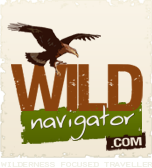


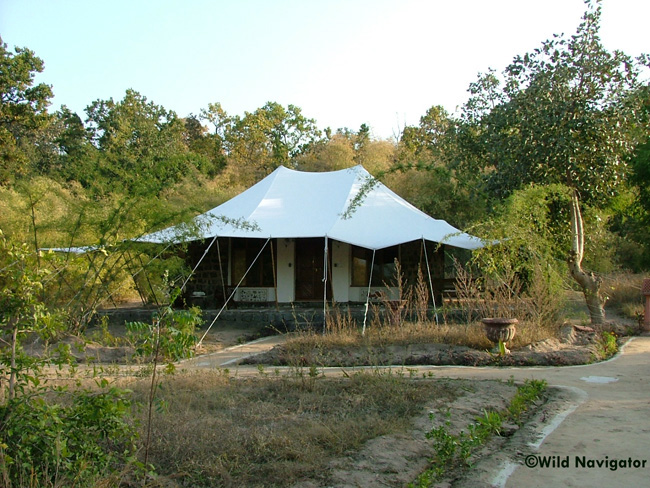







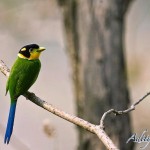
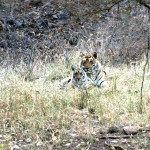
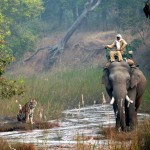
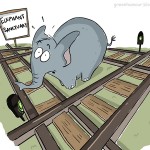
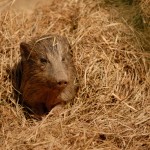







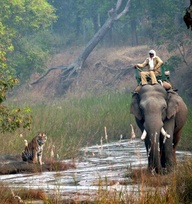
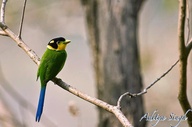
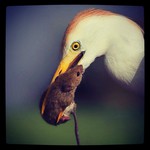


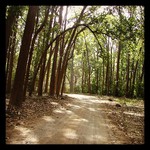


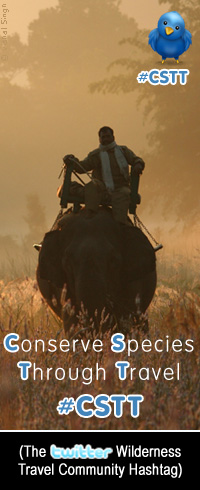



 Twitter
Twitter Facebook
Facebook RSS
RSS
Comments
Powered by Facebook Comments